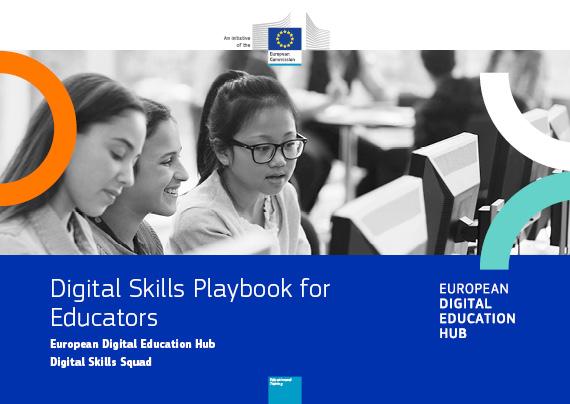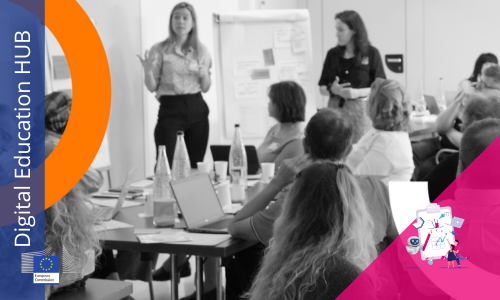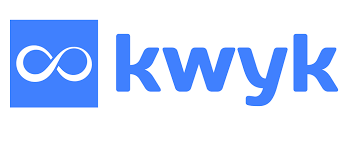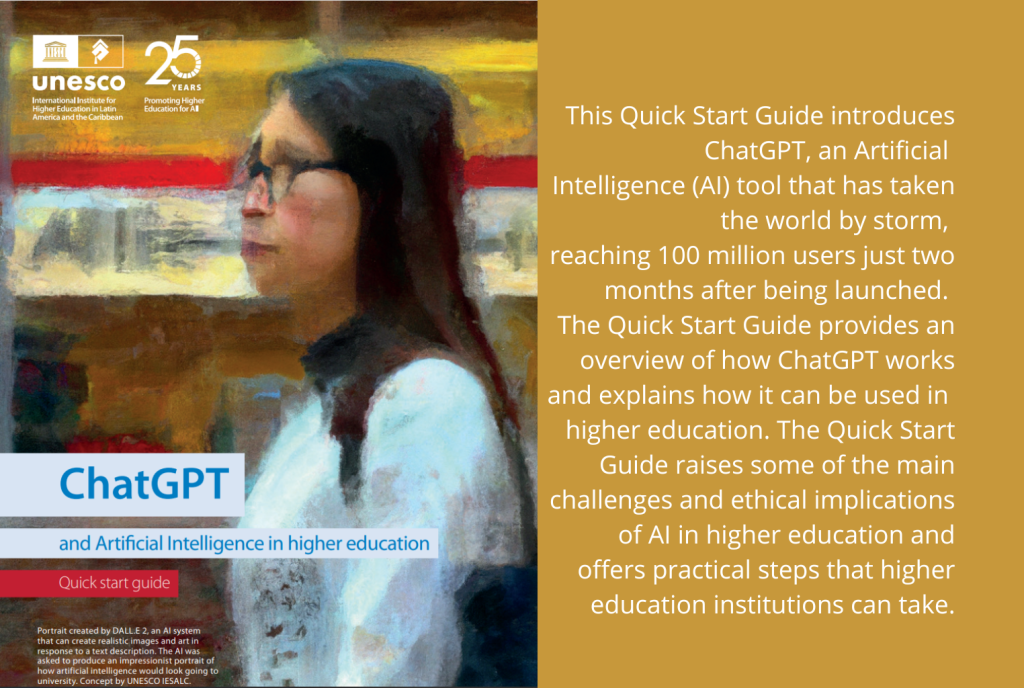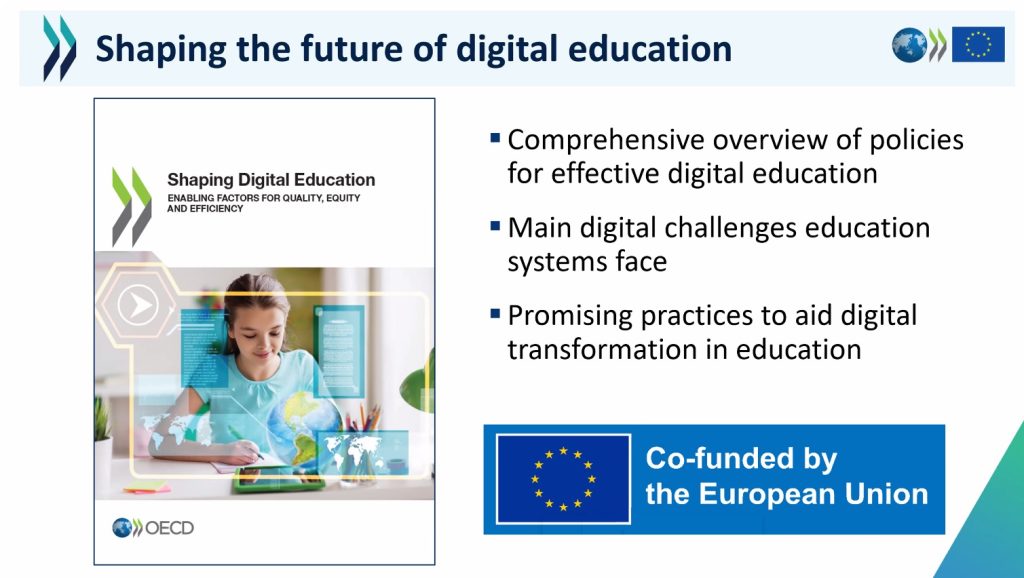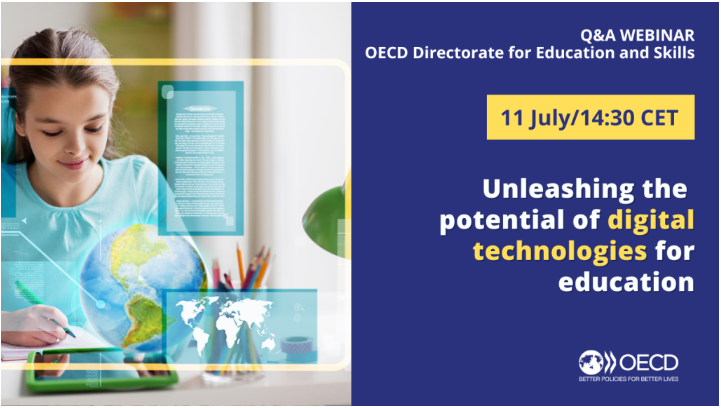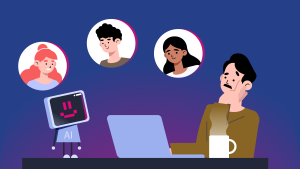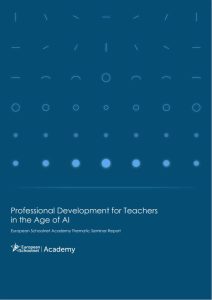Resources
Report n°1: Teachers' competences
Early in 2023, in response to the developments in artificial intelligence (AI) a special AI Squad was formed in the European Digital Hub of the European Commission. From February to June 2023 the AI team engaged in intense discussions on various aspects of using AI and its impact on education.
This is the first report focusing on teachers’ competences – teaching with, about, and for AI. The report addresses educators, school leaders, advisors, and decision-makers in the field of #education.
Ethical guidelines on the use of AI
Alain Thillay, Policy Officer, Seconded National Expert at the DG EAC Digital Education Unit (European Commission), has presented the ‘Ethical Guidelines on the Use of Artificial Intelligence (AI) and Data in Teaching and Learning for Educators’. This guidelines aims to help educators understand the potential benefits and risks of incorporating AI and data into their teaching practise.
March 2023
KWYK
As the application employs artificial intelligence, the French Ministry of Education has chosen it to allow French teachers, undergoing the Mooc session during the AI4T project, to discover Kwyk for free.
ChatGPT and AI in higher education
Quick Start Guide ChatGPT was published in April 2023. Artificial Intelligence (AI) is a rapidly developing field. This guide is based on GPT-3.5, the latest free version of ChatGPT available at the time of writing. As well as dynamic changes in technology, the ethical implications of ChatGPT and other forms of AI are also swiftly advancing. Readers are advised to constantly check reliable sources for the latest news and updates.
April 2023
Shaping the future of digital education
The purpose of the report Shaping the future of digital education is to assist governments in shaping the field of digital education. By presenting various viewpoints for governments and education participants, it examines factors that facilitate the effective and equitable utilization of digital technologies in education systems. The report presents a thorough assessment of existing trends and upcoming policies, encompassing primary, vocational, and higher education. It emphasizes strategies to establish a unified and comprehensive policy structure for digital education.
July 2023
Speakers:
- Antoaneta Angelova-Krasteva, Director for Innovation, Digital Education and International Cooperation, Directorate General for Education, Youth & Culture, European Commission
- Helle Hallik, Chief expert, Ministry of Education and Research of Estonia.
- Axel Jean, Head of the digital innovation and applied research support office, French National Ministry of National Education, Youth and Sports
- Dragana Kupres, Croatian Academic and Research Network (CARNET)
- Andreas Schleicher, Director, OECD Directorate for Education and Skills
- Moderated by moderator Duncan Crawford, Senior Content Manager at the OECD Directorate for Education and Skills.
July 2023
Artificial Intelligence and the Future of Teaching and Learning
The U.S. Department of Education Office of Educational Technology’s policy report, Artificial Intelligence and the Future of Teaching and Learning: Insights and Recommendations, addresses the clear need for sharing knowledge, engaging educators, and refining technology plans and policies for artificial intelligence (AI) use in education. The report describes AI as a rapidly-advancing set of technologies for recognizing patterns in data and automating actions, and guides educators in understanding what these emerging technologies can do to advance educational goals—while evaluating and limiting key risks.
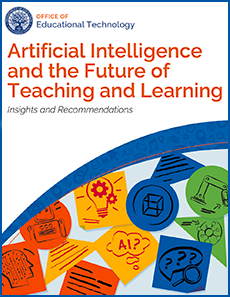
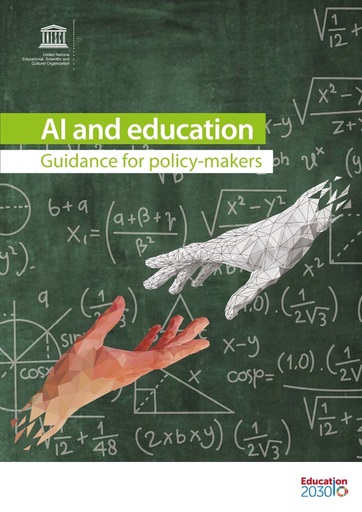
AI and education
UNESCO report AI and education offers guidance for policy-makers on how best to leverage the opportunities and address the risks, presented by the growing connection between AI and education.
AI in Learning: Designing the Future
Report AI in Learning: Designing the Future includes the latest research on AI in Learning, connecting human learning and machine learning. It provides pedagogical models and practices to use AI at different levels of education and in working-life, reflects on ethical issues of AI in various contexts. It also provides pedagogical models and practices to use AI at different levels of education and in working-life.
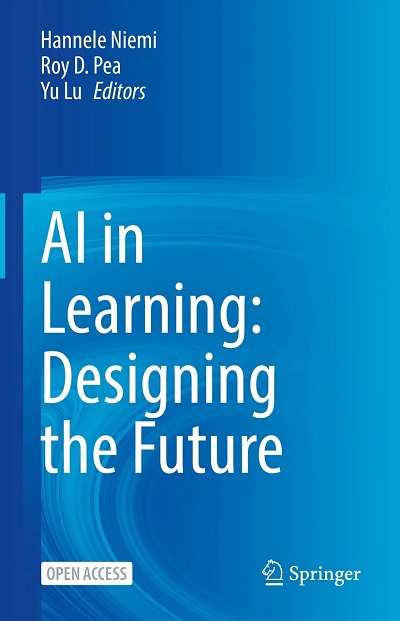
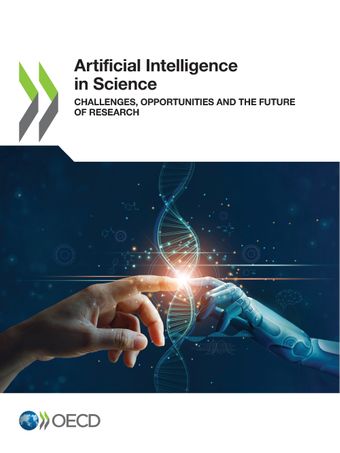
Artificial intelligence in science and the future of research
Raising the productivity of research may be the most valuable of all uses of AI. Gathering the views of leading practitioners and researchers, our new publication examines policies and explores current, emerging and possible future uses of AI in science through a series of insightful essays.
Browse the book Artificial Intelligence in Science by OECD
Generative AI and the future of education
Artificial Intelligence tools open new horizons for education, but we urgently need to take action to ensure we integrate them into learning systems on our terms. That is the core message of UNESCO’s new paper on generative AI and the future of education.
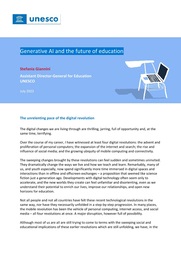
K-12 AI curricula: a mapping of government-endorsed AI curricula
This mapping exercise analyses existing AI curricula with a specific focus on the curriculum content and learning outcomes, and delineates development and validation mechanisms, curriculum alignment, the preparation of learning tools and required environments, the suggested pedagogies, and the training of teachers.
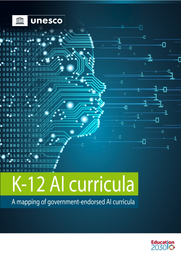
AI Toolkit for Educators
The toolkit aims to provide a comprehensive understanding of the myriad ways AI can be used to streamline administrative tasks, conduct research, enhance personalized support, improve learning and assessment quality, and more.
EIT InnoEnergy Master School Teachers Conference 2023, Stella Lee, PhD
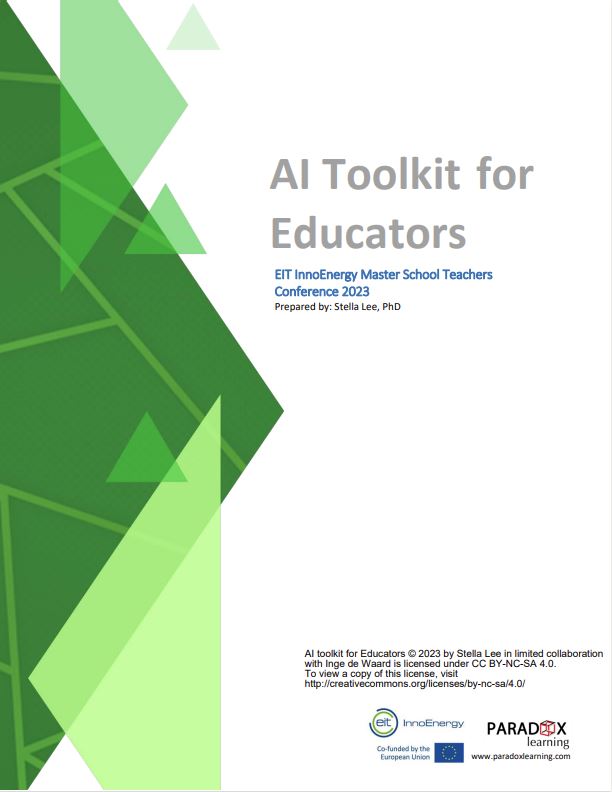
Hosting solutions in our countries:
GitHub portal
The portal is is organised into 3 parts:
- the Mooc, whose content and activities identify the potential and current uses of AI in education, understand what AI really is and where it comes from, experiment with different AI techniques, identify the crucial role of data for AI-based educational tools, and apply a methodology for analysing an AI-based educational tool;
- the Resources, a set of resources and tools related to AI or AI and education, used during experimentation with AI by teachers in the European AI4T project;
- Build Your Own Training, the methodology proposed to help those who wish to use the resources of the Mooc, translate them and organise them to build their own AI training course for teachers.”
EU AI Act: first regulation on artificial intelligence
The European Commission tabled a proposal for an EU regulatory framework on artificial
intelligence (AI) in April 2021. The AI act is the first ever attempt to enact a horizontal regulation for AI. The proposed legal framework focuses on the specific utilisation of AI systems and associated risks.

Professional Development for Teachers in the Age of AI
European Schoolnet Academy Thematic Seminar Report explores how professional development for teachers needs to change in the age of AI. From fostering an understanding of AI applications in education to equipping teachers with the requisite skills to leverage these technologies, our analysis aims to provide insights into how professional development can empower teachers to navigate the complexities of the changes brought about by AI.
The report addresses three crucial areas pertaining to the integration of AI in teacher training.
It is the collaborative work of a group of researchers and teacher trainers who have
studied how teacher professional development needs to change in light of AI, and who have
gained first-hand experience of implementing teacher training activities about AI and with the
support of AI.
Digital skills playbook for educators
The European Education and Culture Executive Agency‘s Digital skills playbook for educators focuses on enhancing basic digital skills of all students. To achieve this objective, it analyses the context of digital skills in the European Union (EU) as well as the current challenges. Next, it delves into the world of digital skills using the European DigComp Framework as a roadmap, while considering crucial aspects like ethics and sustainability. Lastly, it outlines practices for improving digital skills across various age groups and skill levels. The playbook also explores the supporting environment for digital skills, including professional development and the role of leaders.
